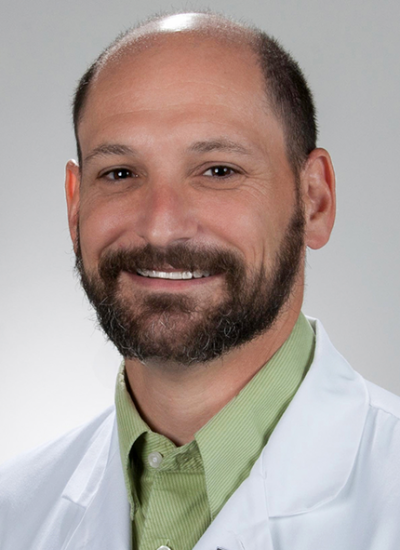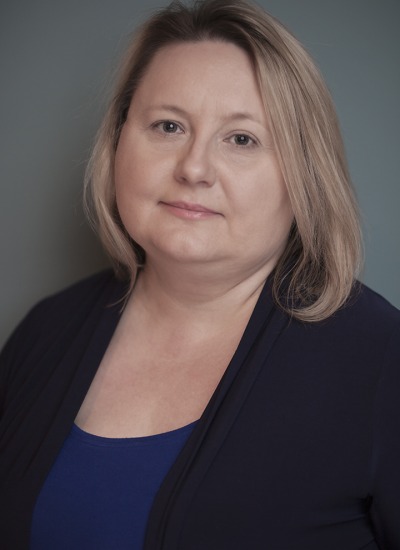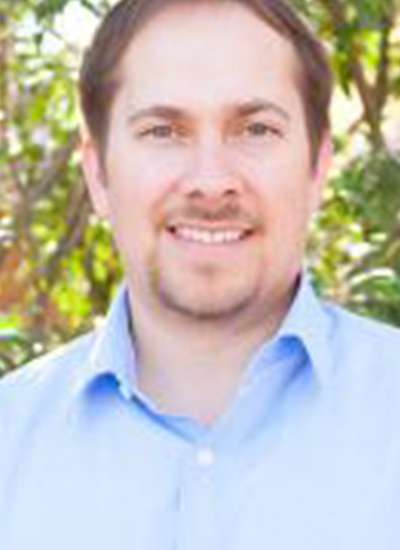My research program is centered on investigating the neurobiology of healthy language system, and changes in cognitive and language processing associated with stroke and neurological disorders. My interests include incorporating cognitive measures and multimodal neuroimaging methods, with a goal to understand the relationship between language and other aspects of cognition, as well as the neural dynamics related to brain damage, resilience, and recovery. My research efforts are directed towards identifying factors which affect language comprehension and production, and how these change with development and are influenced by aging, stroke, brain injury, and neurodegenerative disorders, including Primary Progressive Aphasia (PPA) and Alzheimer’s disease (AD). I study language processing at the multiple levels, using behavioral experiments and both structural (DTI, lesion-symptom mapping, voxel-based morphometry) and functional neuroimaging (fMRI, EEG, MEG). In addition, I am interested in neuroplasticity and application of noninvasive brain stimulation techniques (e.g., TMS, tDCS) to the treatment of aphasia and dementia. The long-term goal of my research is to understand the cognitive and neural processes that support recovery of cognitive and language functions after stroke. Keywords: stroke, aphasia, dementia, MRI, EEG, Language




